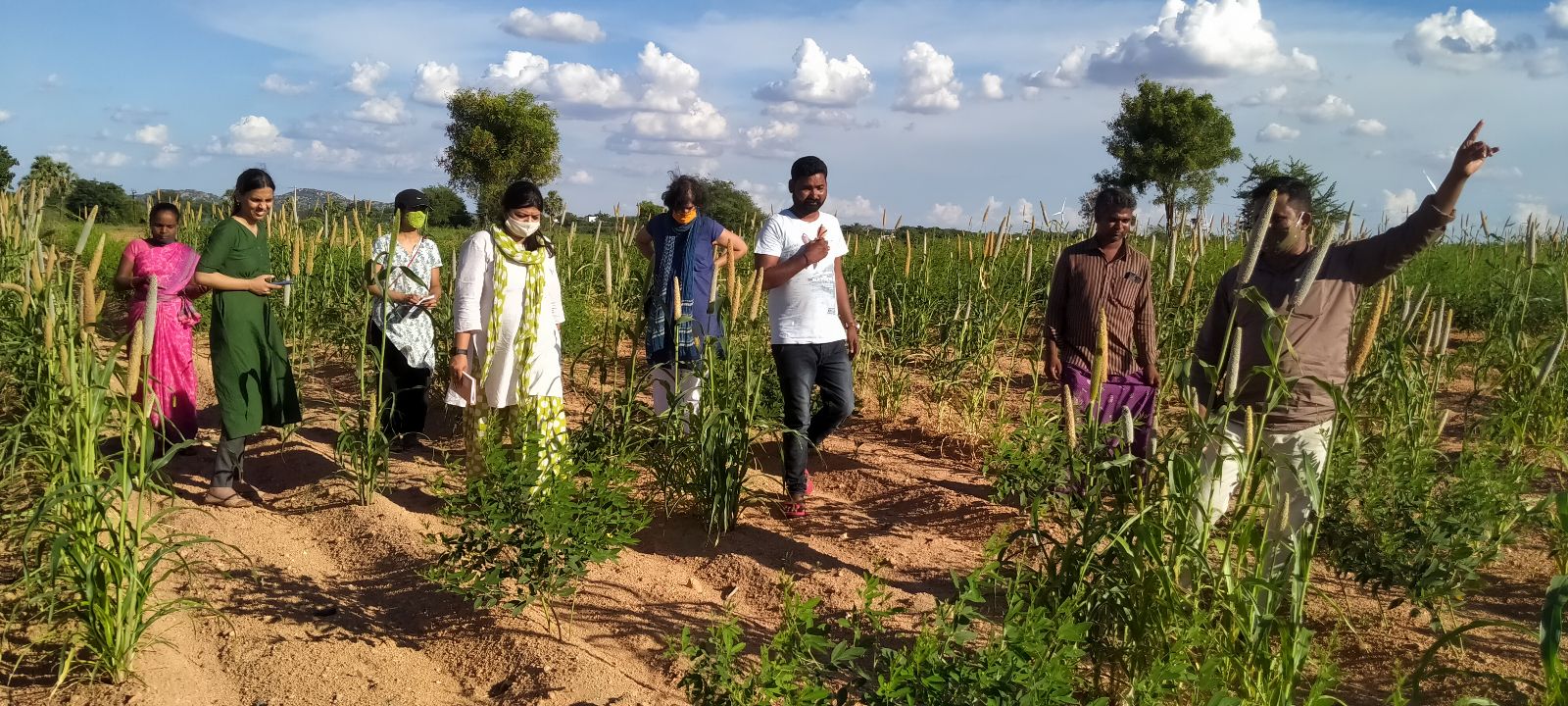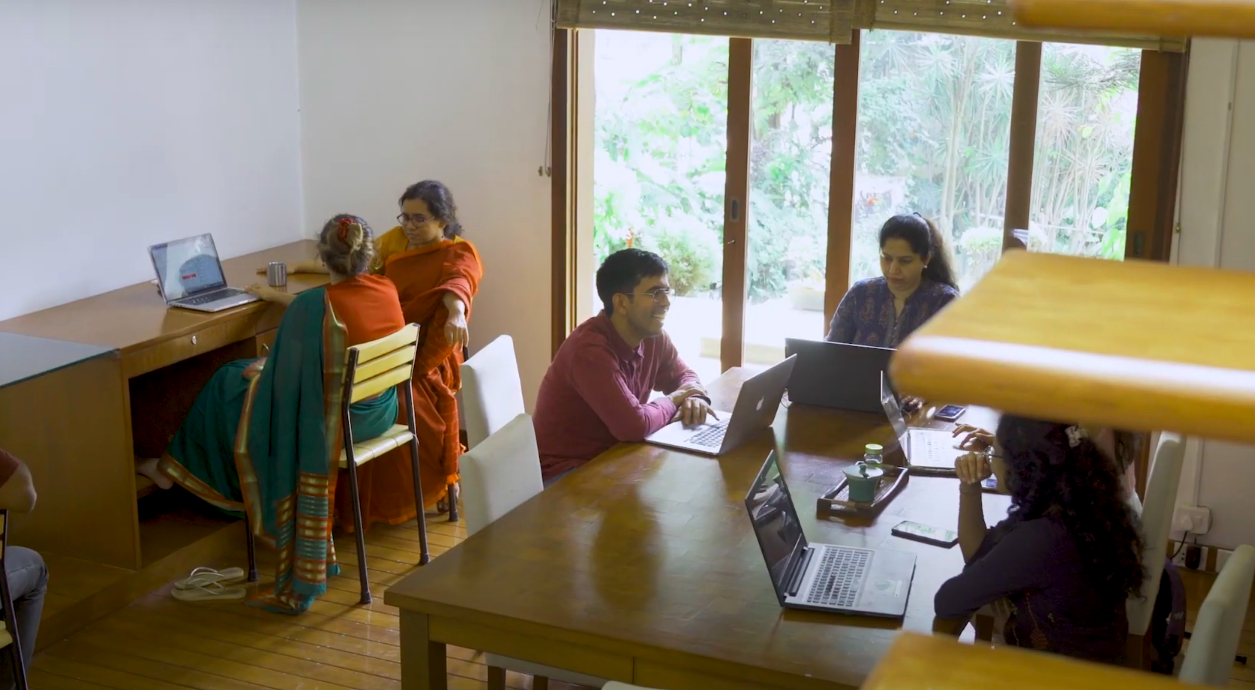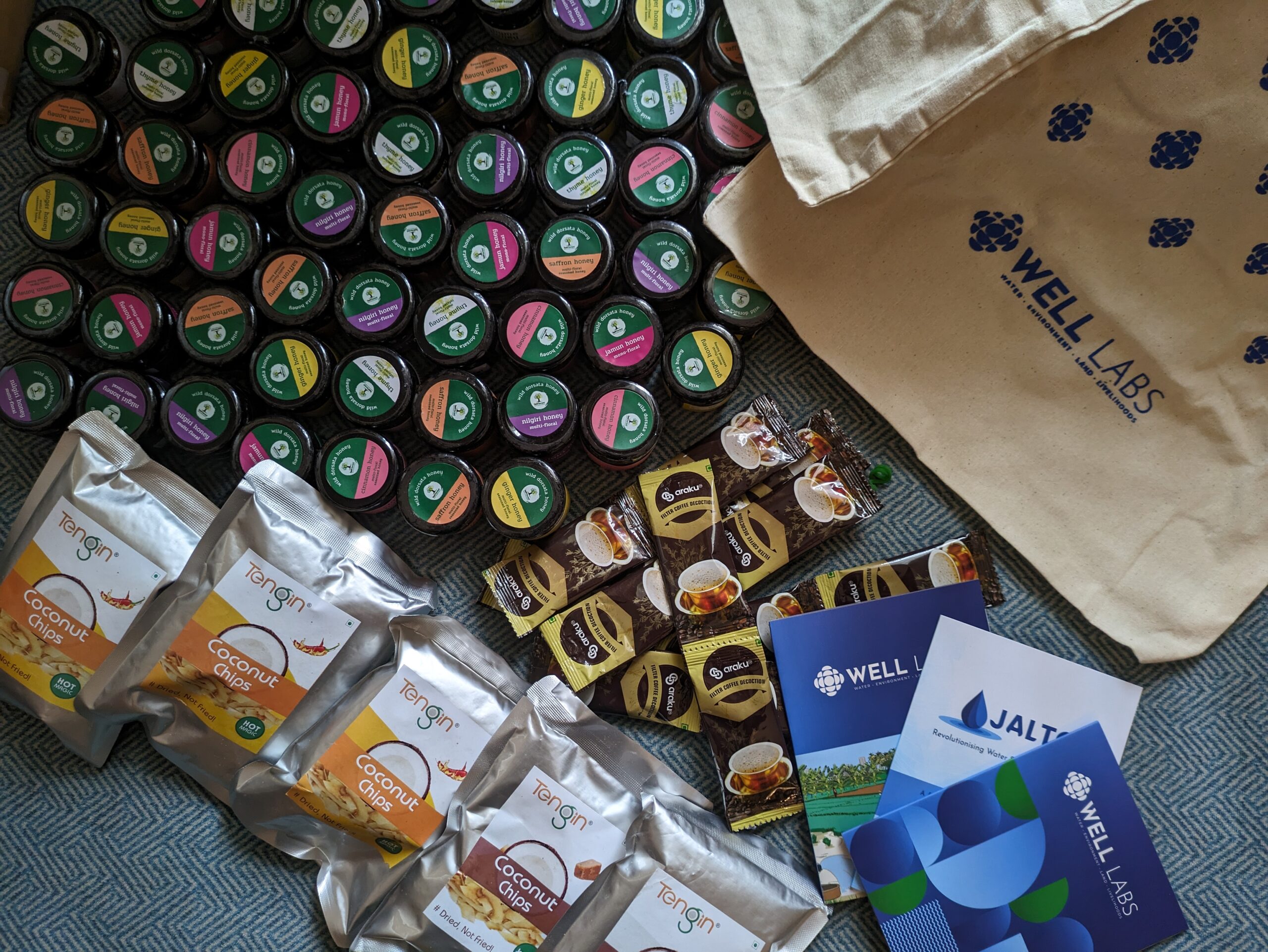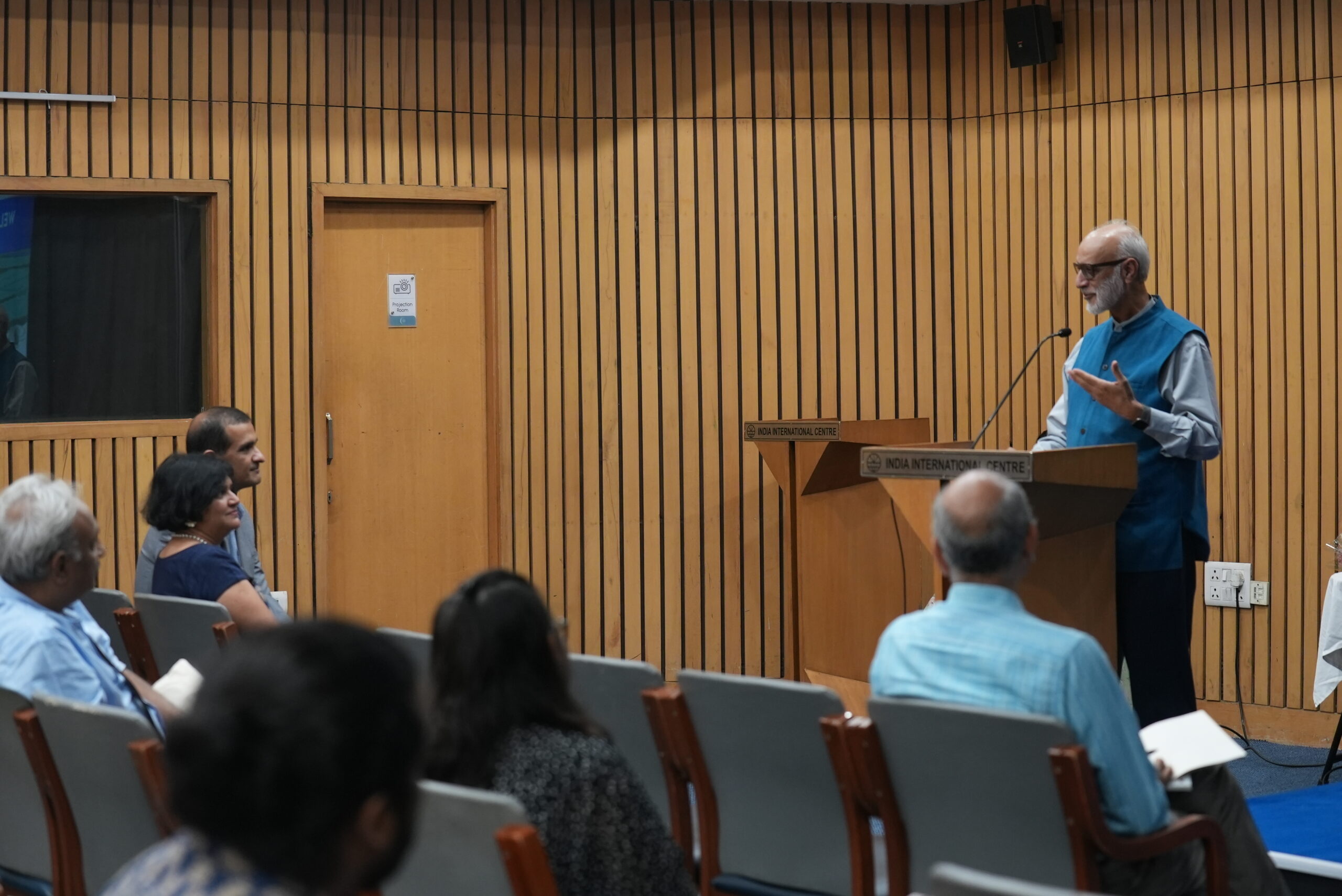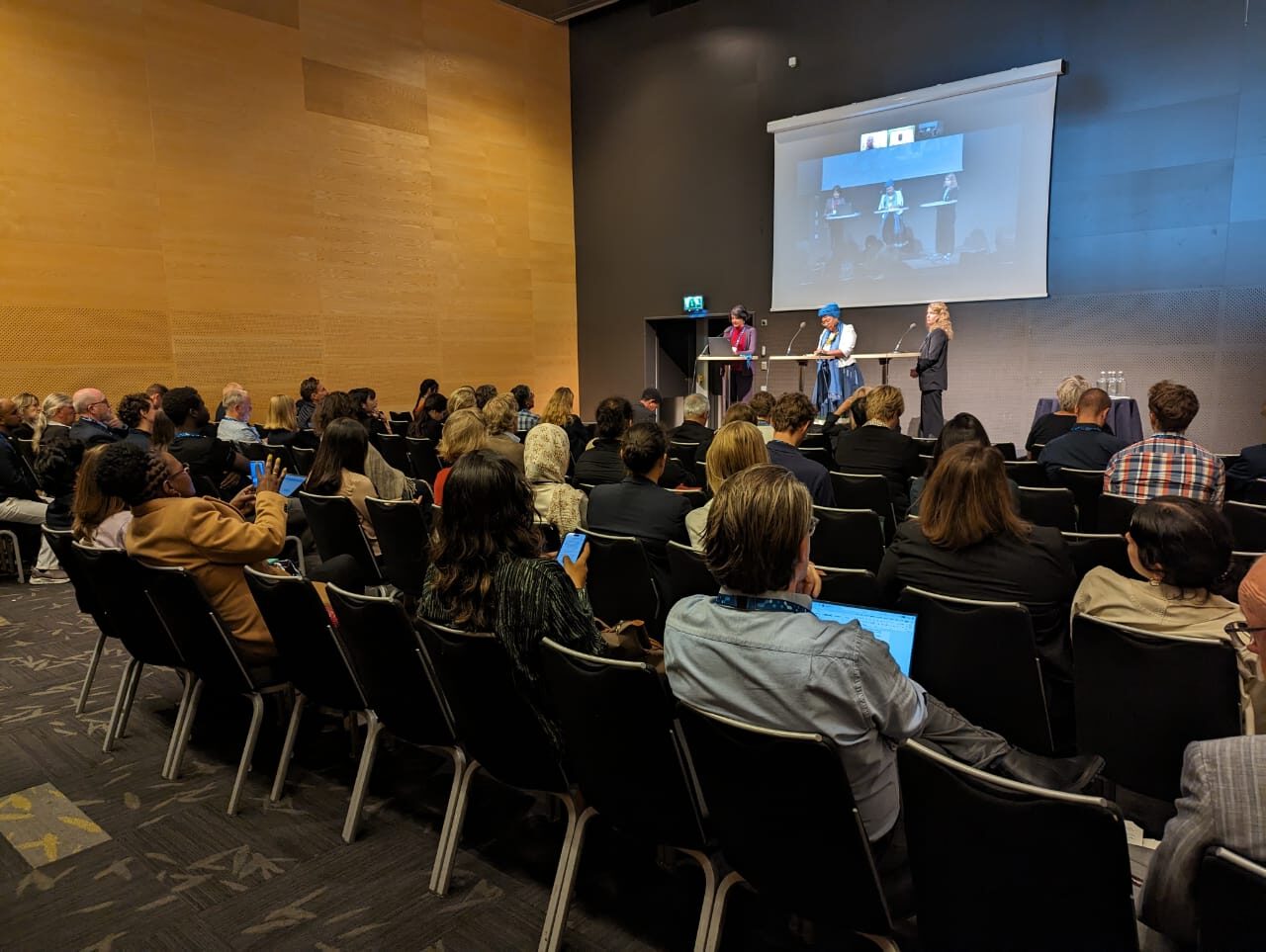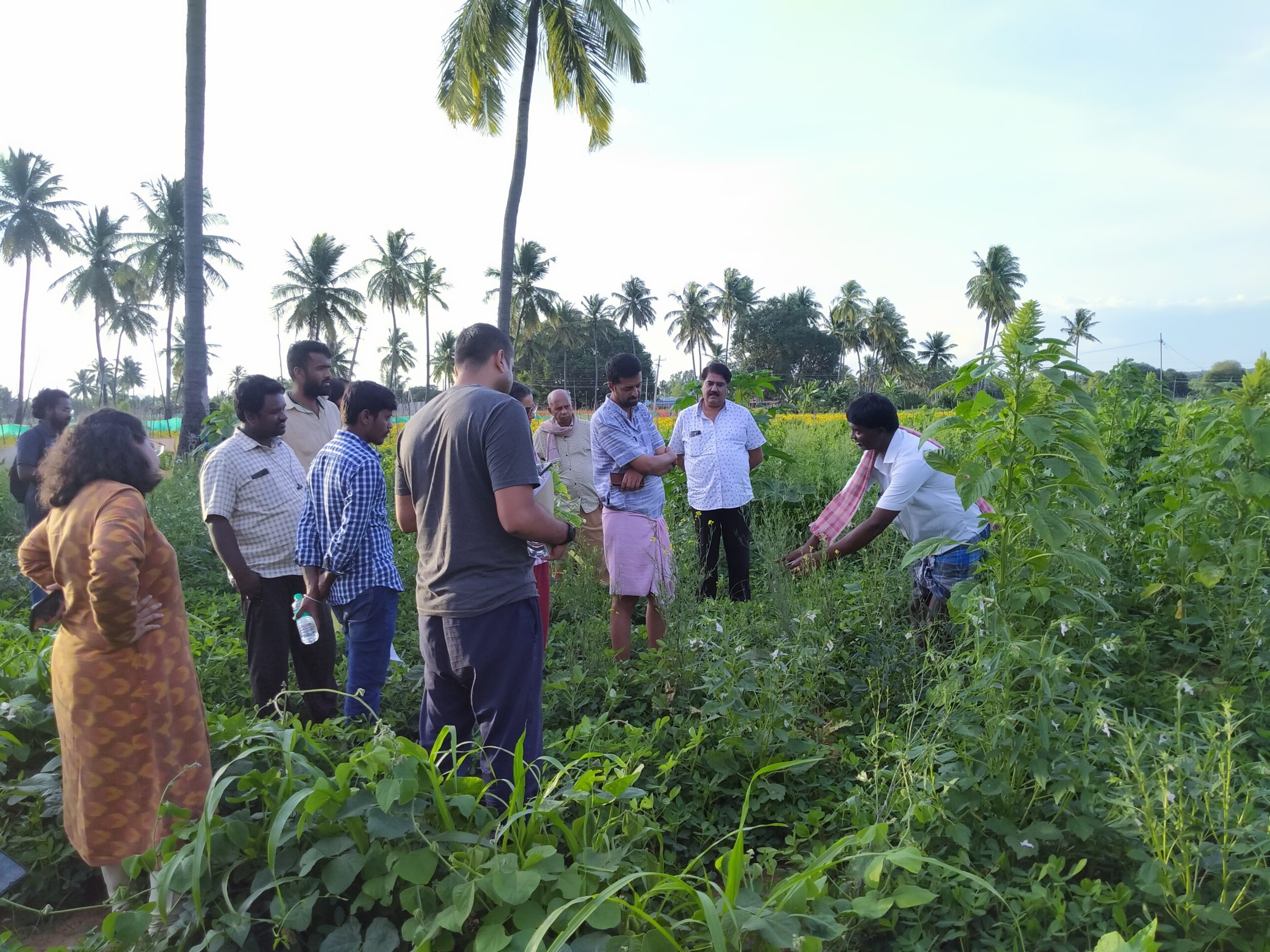Beyond the Jargon: 10 Key Takeaways from World Water Week 2023
Conferences can sometimes feel like an endless round of schmoozing and jargon bingo. If I had a word cloud for World Water Week 2023, it would contain: ‘collective action’, ‘stakeholder engagement’, ‘breaking silos’, ‘need for integration’, ‘digitalisation’, ‘circular economies’, ‘enabling policy’ and ‘cross-sector learning’.
It’s not because the work that people are doing isn’t cool, substantive and transformative. It’s just that these are the words we are left with when we have to convey years of deep work in one-minute soundbites.
So I thought I would cut through the jargon and write about the top ten most interesting things I heard this year. I only attended a tiny fraction of the sessions so these reflections are by no means representative.
Youth Engagement
The future belongs to the youth, so we have to engage them in creating their future. But the engagement needs to be meaningful. Here are some ways we can do this.
Foresight thinking: Foresight is the disciplined analysis of alternative futures to support policymakers in making better-informed decisions, by careful consideration of future scenarios and outcomes.
Message amplification: Young people are well connected on social media and can quickly amplify messages and reset norms.
Innovation: It is often said that problems cannot be solved by people who created them. If we need radical transformation, we need completely new and innovative ways of thinking, doing, producing and consuming – which only young people, who are not beholden to existing structures, can pull off.
Read | Explained: What Was the U.N. Water Conference and What Happened There?
Participatory Videos
We talk a lot about ‘stakeholder engagement’, but formal convening spaces can often still be biased towards the more powerful actors. Moreover, the most marginalised may not be able to read and write in the language that we use in formal communication. One way to give voice to marginalised groups is to train them to make participatory videos to express their thoughts and use platforms (like World Water Week) more effectively to share and amplify their voices.
Bundling of Interventions
We all understand that water is an enabler of food, health and ecosystems — the water crisis cannot be solved in isolation. Farmers won’t reduce water use or switch crops without a clear economic case and enabling policies that de-risk the change for them. To succeed we need to bundle interventions that enable systemic change across the whole value chain.
Designing for Equity
We design schemes, assuming our target beneficiaries will automatically benefit. It’s important to check post-facto if they did indeed benefit. If not, we need to relook at the design. For example, redesigning the loan criteria for solar pumps in Africa resulted in a significant increase in the number of women who qualified.
Human in the Loop
We are seeing increasing digitalisation and use of Artificial Intelligence for water and allied services. But we still need a ‘human in the loop’. The person that collects the water samples, operates the valves, sets the insurance pay off criteria, etc. Are we as a sector building the capacity to understand how these increasingly complex systems work, and how we can be ‘good humans’ in the loop?
Donor Darling Businesses
As we emphasise the role of entrepreneurs funded via blended financing (a combination of grants, equity and loans), are we allowing businesses to operate as businesses? Or have we created ‘donor darlings’ who have become over-dependent on grants and will collapse as soon as that type of financing evaporates? How do we get the blended financing balance just right, paying for some of the infrastructure and set up costs but in a way that doesn’t prop up a fundamentally unviable business?
Left Hand vs. Right Hand
One big problem is policy inconsistency within governments. One agency might promote water use efficiency, the other might incentivise a water-guzzling crop for export markets. The government might promote wastewater reuse but not set enabling standards. If we are to address the problem, we must identify and surface these inconsistencies.
Embracing Failure
The water sector is too conservative. To become innovative, we need to learn not just from success stories but failure stories as well. This requires a culture of ‘fail fast and early’ and learning from others’ failures — by creating knowledge sharing and learning platforms to talk about both successes and failures.
Read | Can Playbooks Promote Green Rural Livelihoods? Insights From Conversations With CSOs
Trade vs Aid
One interesting theme at World Water Week was the increasing disillusionment of Global North governments with foreign aid and shift to trade and investment instead. Nothing wrong with this per se, but I didn’t see much discussion on helping Global South businesses grow and thrive. Stewardship discussions remained largely ‘within the fence’ and did not extend to water use in commodity supply chains and ensuring fair trade conditions.
Enabling Circularity
Given the innovation focus of this year’s World Water Week, there were many cool technology interventions from source separating toilets, to innovative wastewater treatment systems and nutrient recovery systems. What was less clear was how do we get from here to there? Which magic levers will tip the system?
For costs to drop and to make these aspirational, there must be adoption in developed countries also. But the drivers of circularity are different in the Global South (water scarcity) vs. the Global North (ambient water quality). One interesting suggestion was shifting incentives from discharge standards, which merely cause utilities to dilute effluent to nutrient recovery mandates, which may force circularity).
Read | Why it’s Important to Map the Flow of Water through Cities
At World Water Week 2023, WELL Labs and the India Climate Collaborative co-convened a session on Innovation in Water and Climate, focusing on agriculture. Dr. Veena Srinivasan spoke about just and sustainable transitions and moderated a panel discussion on scaling innovations. Our work on Jaltol was also presented at the event.
If you would like to collaborate, write to us. We would love to hear from you.
Follow us and stay updated about our work:

